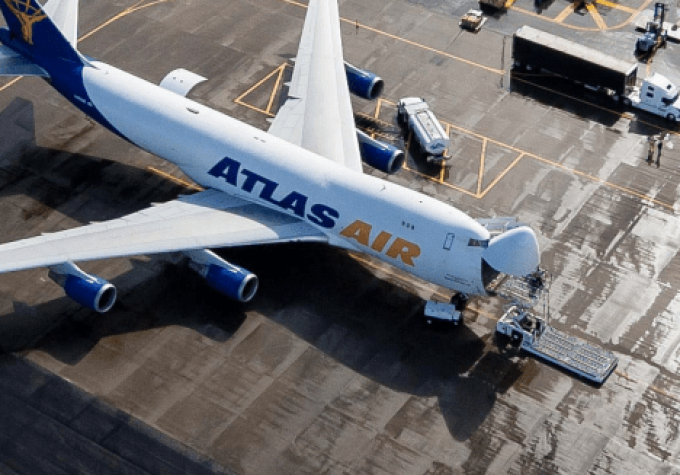Atlas Air stays bullish on US change: 'we're flexible, we can fly to other markets'
Atlas Air is facing an epoch-defining moment today, the US-based cargo-only carrier banking on the ...

Atlas is changing. So said CEO Bill Flynn at yesterday’s investor meet in the Nasdaq headquarters.
Diversification has always been one of Atlas’s strengths – and it has not ignored the opportunities available in the ever-growing e-commerce and express business.
While many airlines turn circles trying to ...

Comment on this article
WillieFlynn
June 16, 2016 at 10:02 pm“It is hard to understand why a company which describes itself as “second to none” and “committed to the highest levels of safety”, while also acknowledging “rumblings of pilot shortages”, would not make itself the very best cargo operator there is, by giving its pilots something to crow about too.”
Because, we’d rather pay a low-life consulting firm millions to fight against our labor group than to actually negotiate in good faith with those low-life pilots. I’ve got another yacht to buy.